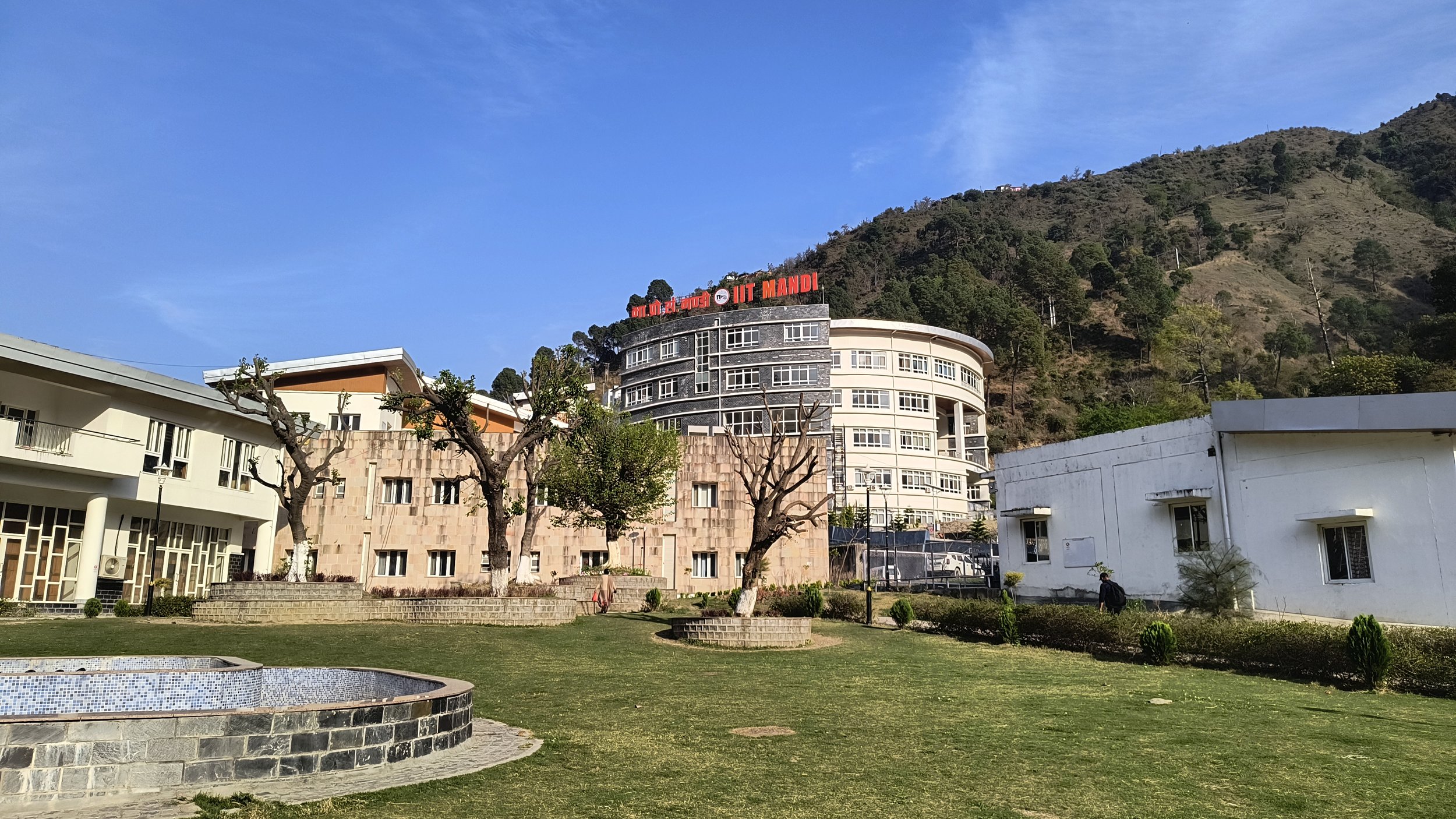IIT Mandi physics team heads to Barcelona for PLANCKS 2025 challenge
Four postgraduate physics students to represent India at PLANCKS 2025 following national selection

Four students from the Indian Institute of Technology (IIT) Mandi have been selected to participate in the Physics League Across Numerous Countries for Kick-ass Students (PLANCKS) 2025.
The international competition will be held in Barcelona, Spain, from 1 to 5 May, and hosted by the Autonomous University of Barcelona.
The team, comprising M.Sc. Physics 2023 students Aneet Kaur, Bhavya, Kumar Ashish, and Bhanu Pratap Singh from the School of Physical Sciences at IIT Mandi, was one of three Indian groups selected after a national selection process involving 41 teams. They are the only team from an IIT to qualify for the event.
The students secured second place at the Indian Young Physicists League (IYPL) 2025, earning them the opportunity to compete internationally. PLANCKS will bring together undergraduate and postgraduate physics students from more than 25 countries.
Opportunity for academic and cultural exchange
The competition is organized by the International Association of Physics Students and has been held annually for more than a decade. It provides a platform for students to collaborate, engage with challenging physics problems, and share knowledge across national and academic boundaries.
Dr Bindu Radhamany, Chairperson, School of Physical Sciences at IIT Mandi, says: “Four students from our school have been selected for PLANCKS 2025, which is indeed a matter of appreciable moment for our school. Such academic competition will help in the expansion of the experience of our students towards their journey in learning and cultural exchange among the participants around the world.”
Dr Radhamany adds: “The competition witnessed teams from premier institutions across the country battling their way through rigorous physics challenges. Among the Indian teams that qualified for PLANCKS 2025, IIT Mandi emerged as one of the top contenders alongside teams from the Indian Institute of Science (IISc) Bangalore, IITs, and IISERs.”



















